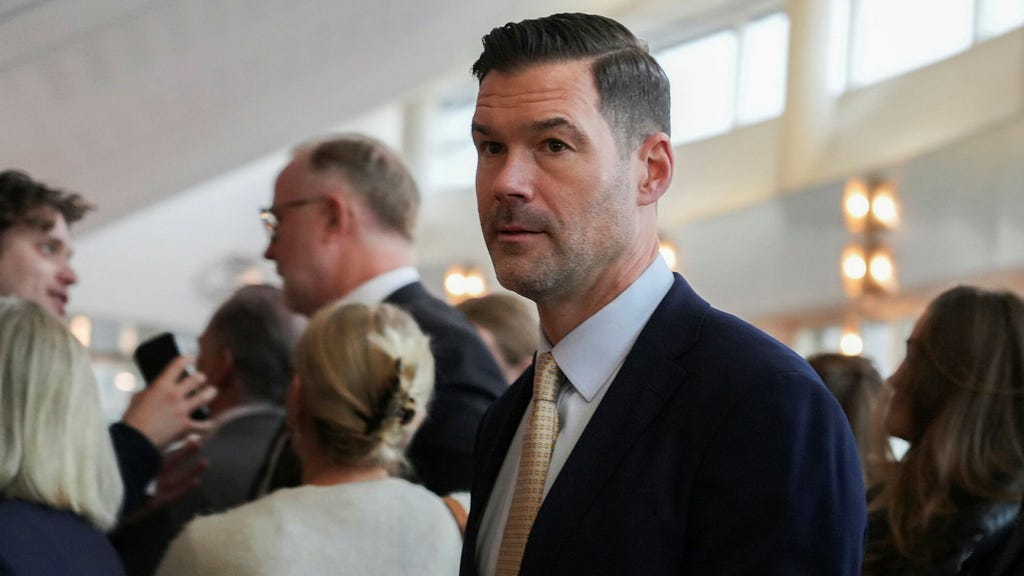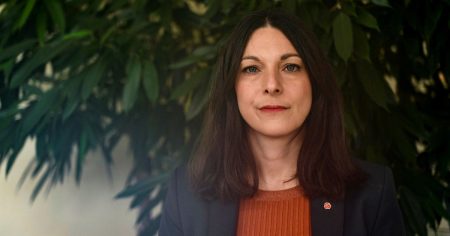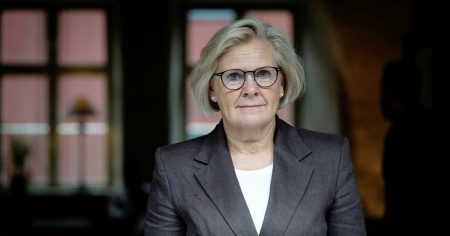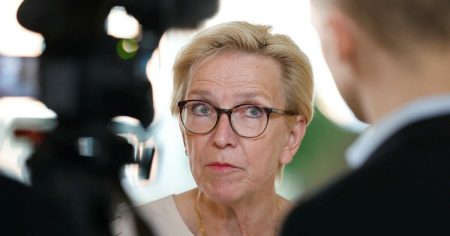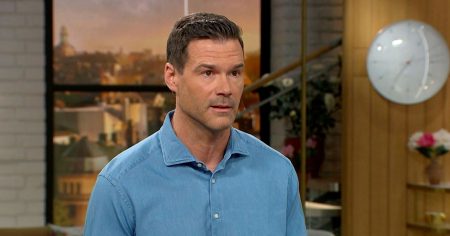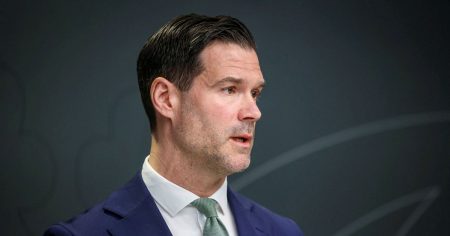The recent proposals presented by investigator Kirsi Laakso Utvik regarding Swedish citizenship have ignited a debate centered around stricter requirements. These proposals include extending the required residency period from five to eight years, implementing more rigorous language and civics knowledge assessments, and introducing a new self-sufficiency requirement. While these changes aim to elevate the value of Swedish citizenship, they have also raised concerns about their potential impact on aspiring citizens, particularly those from marginalized backgrounds. The core of the debate revolves around the balance between maintaining the prestige of citizenship and ensuring accessibility for those who have demonstrably integrated into Swedish society.
The proposed self-sufficiency requirement mandates that applicants have a minimum of 7,000 SEK (approximately 650 USD) remaining per month after taxes, equivalent to the Swedish subsistence minimum. Johan Forsell, a prominent voice in this debate, argues that this threshold is insufficient. He contends that attaining Swedish citizenship, which he describes as ”the finest thing one can become in our land,” should necessitate a higher level of financial stability. While Forsell hasn’t specified an alternative figure, he emphasizes the ongoing discussions between various political parties to determine an appropriate level. This ambiguity leaves room for speculation and concern among prospective citizens, who are left uncertain about the exact financial expectations they must meet. The lack of clarity raises questions about the potential for arbitrary application of the requirement and the possibility of excluding deserving individuals based on fluctuating economic circumstances.
Furthermore, the possibility of denying citizenship to individuals with subsidized employment adds another layer of complexity to the debate. While the stated aim is to ensure that citizens are self-reliant, this proposal could inadvertently penalize individuals in certain sectors or those facing temporary economic hardships. For example, individuals engaged in vocational training programs or apprenticeships often receive subsidized wages while gaining valuable skills that ultimately contribute to the Swedish workforce. Denying them citizenship based on their current employment status could discourage participation in these programs and hinder their long-term integration into the labor market. The proposal’s potential for unintended consequences underscores the need for careful consideration and nuanced implementation.
The debate also extends to the treatment of individuals relying on student loans. While some, including members of the Sweden Democrats party, have suggested excluding student loan recipients from the pathway to citizenship, Forsell has yet to offer a definitive stance on this issue. His stated reluctance to implement ineffective requirements suggests a degree of pragmatism, but the lack of clarity leaves students and aspiring citizens in a precarious position. Denying citizenship based on student loan reliance could disproportionately impact those from lower socioeconomic backgrounds who often rely on financial aid to pursue higher education. It could also discourage students from pursuing advanced degrees, potentially hindering Sweden’s long-term intellectual and economic growth. Balancing the desire for self-sufficiency with the need to support education and upward mobility remains a key challenge in this debate.
The proposed changes to the citizenship requirements, while intended to enhance the value and exclusivity of Swedish citizenship, raise crucial questions about inclusivity and fairness. The extended residency requirement, while arguably providing more time for integration, could also pose challenges for individuals facing unstable living situations or those seeking refuge from precarious circumstances in their home countries. Similarly, the stricter language and civics requirements, while promoting cultural understanding, could create barriers for individuals with learning disabilities or limited access to educational resources. The emphasis on self-sufficiency, while understandable in principle, risks overlooking the complex realities of individuals facing economic hardship or those engaged in valuable societal contributions that may not translate directly into high incomes.
Striking a balance between protecting the prestige of Swedish citizenship and ensuring accessibility for deserving individuals remains the central challenge of this ongoing debate. The proposed changes underscore the tension between upholding national identity and embracing inclusivity in an increasingly globalized world. The outcome of the ongoing negotiations between political parties will ultimately determine the future landscape of Swedish citizenship, shaping the lives and opportunities of countless individuals who aspire to call Sweden home. A careful and nuanced approach is essential to ensure that the pursuit of a more exclusive citizenship does not inadvertently create barriers for those who have made significant contributions to Swedish society and demonstrate a genuine commitment to its values.





